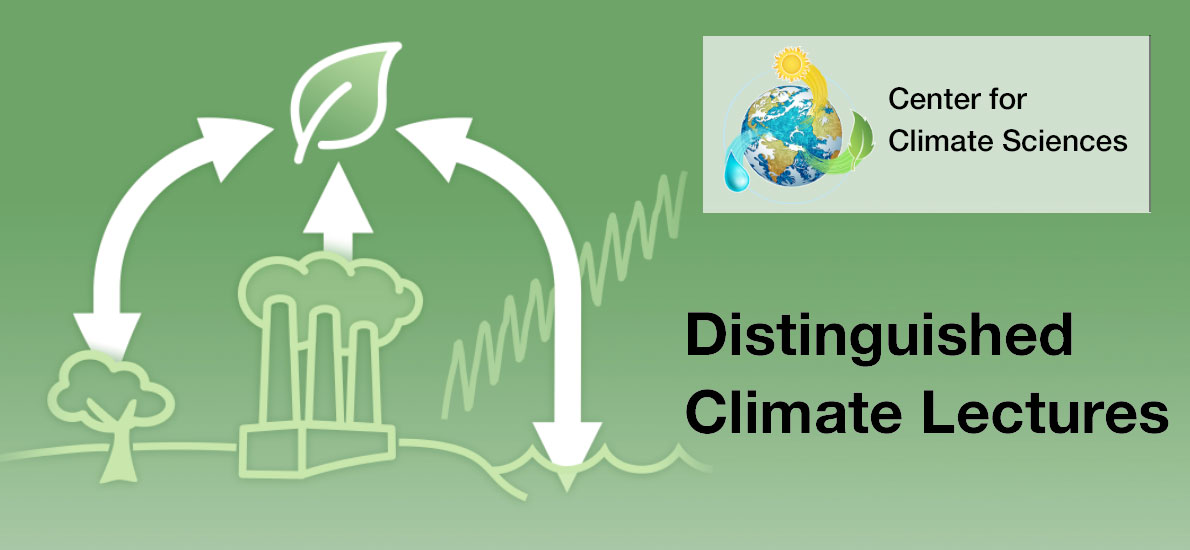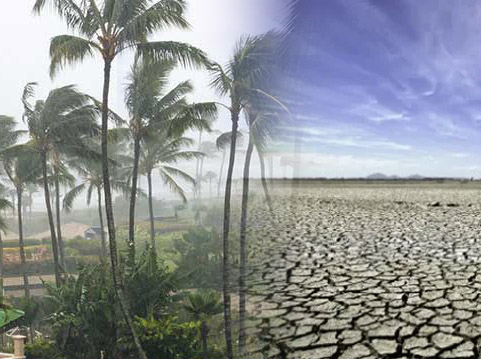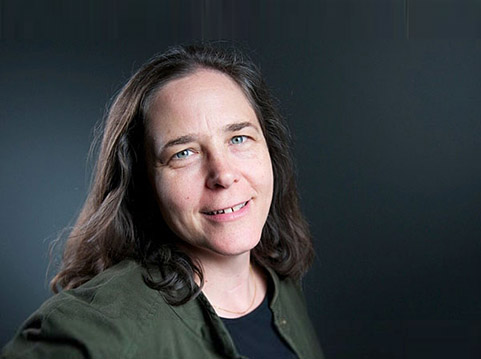Seminars
Development of a Framework for Evaluating Global Greenhouse Gas Emissions Information for Decision Making
October 24, 2022
| 180-101 conference room and Webex, 2:15 pm PT
› view lecture

About this Lecture

Climate change, driven by increases in human-produced greenhouse gases and particles (collectively referred to as GHGs), is the most serious environmental issue facing society. The need to reduce GHGs has become urgent as heat waves, heavy rain events, and other impacts of climate change have become more frequent and severe. Since the Paris Agreement was adopted in 2015, more than 136 countries, accounting for about 80% of total global GHG emissions, have committed to achieving net-zero emissions by 2050. A growing number of cities, regional governments, and industries have also made pledges to reduce emissions. Providing decision makers with useful, accurate, and trusted GHG emissions information is a crucial part of this effort.
A National Academies fast-track consensus study was completed to develop a framework for evaluating global anthropogenic greenhouse gas (GHG) information to support decision making. The committee, which included Dr. Eldering, examined emerging approaches that supplement self-reported data with other independent data sources in the development and evaluation of global anthropogenic GHG emissions inventories. This study was conducted on an accelerated timeline in order to inform COP27 discussions in November 2022, and created in a framework for evaluating emissions inventories and information, and include several case studies for how such a framework could be applied in practice to specific sector- or country-based emission inventories.
The presentation will focus on the report recommendations and key insights.
About

Annmarie Eldering has over 30 years of experience in the fields of air pollution, greenhouse gases, and remote sensing. She retired from NASA’s Jet Propulsion Laboratory (JPL) in 2022. Her early work at Caltech focused on measuring and modeling the aerosols that form in the Los Angeles Basin and drastically reduce visibility. Dr. Eldering developed advanced computer models to simulate these processes and evaluate possible strategies for emissions reductions and improvement in air quality. At the JPL, she was the Project Scientist on satellite projects to measure tropospheric air pollution (TES) and later carbon dioxide (the Orbiting Carbon Observatories (-2 and -3)). Through these satellite projects, she has worked closely with the modeling community that is combining ground-based measurements, emissions inventories, and satellite measurements in atmospheric models to create the most complete understanding of the carbon cycle and the state of Earth’s atmospheric composition including greenhouse gases. She was also a deputy section manager and section manager in Earth Atmospheric Science at JPL for 5 years, guiding and organizing a cohort of near 100 scientists, technical staff, and postdocs. Dr. Eldering received her B.E. in chemical engineering from Cooper Union and her Ph.D. in Environmental Engineering Science from Caltech.
